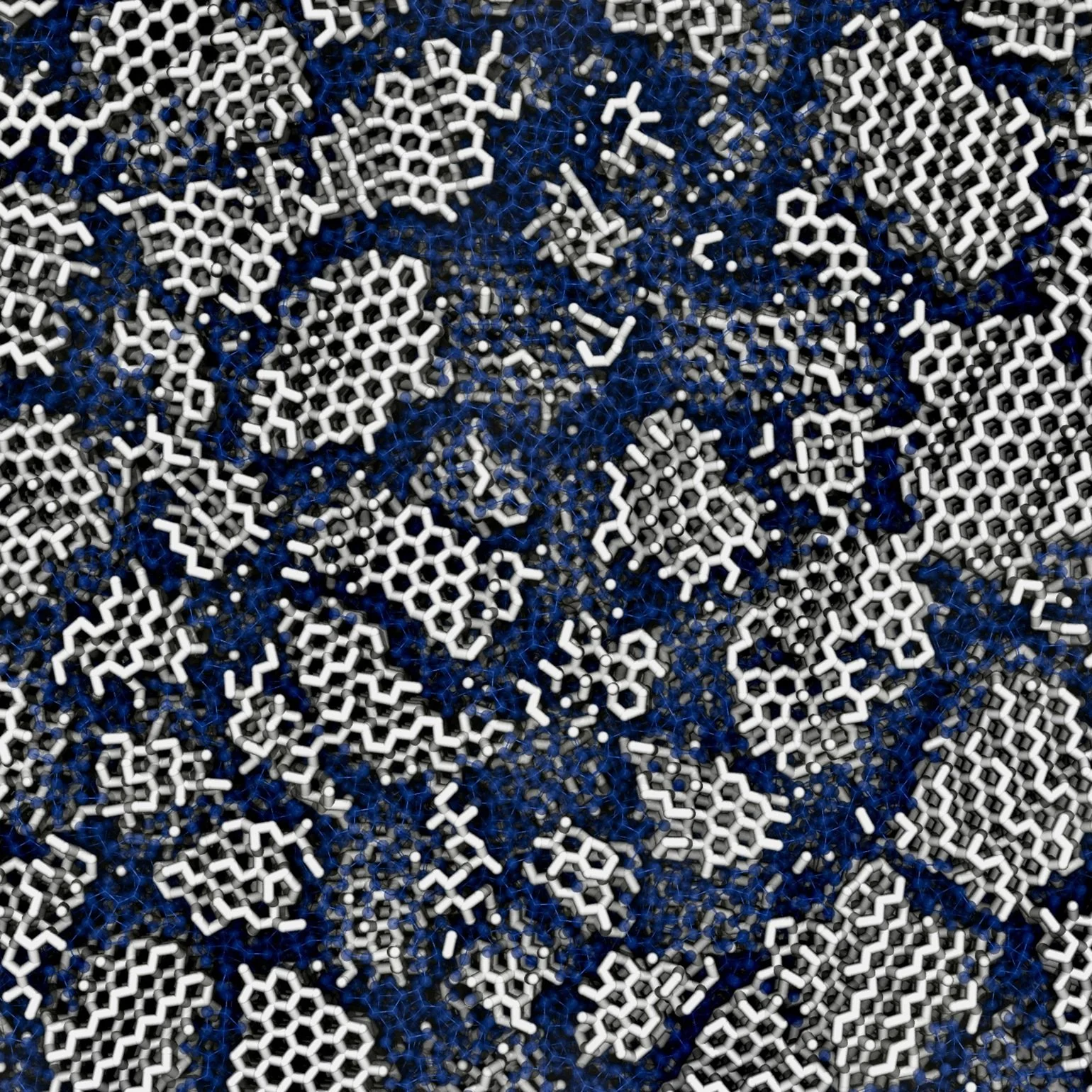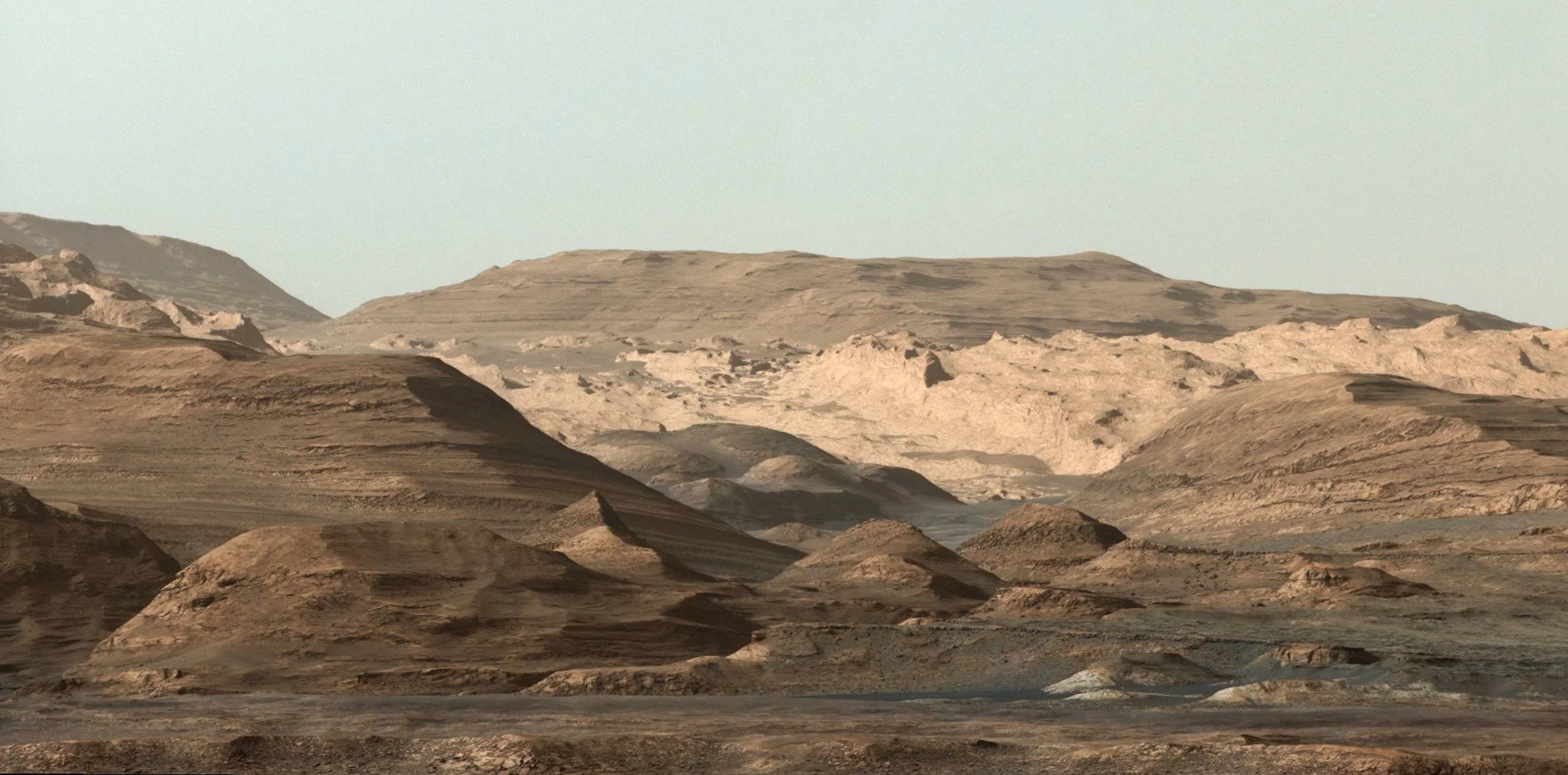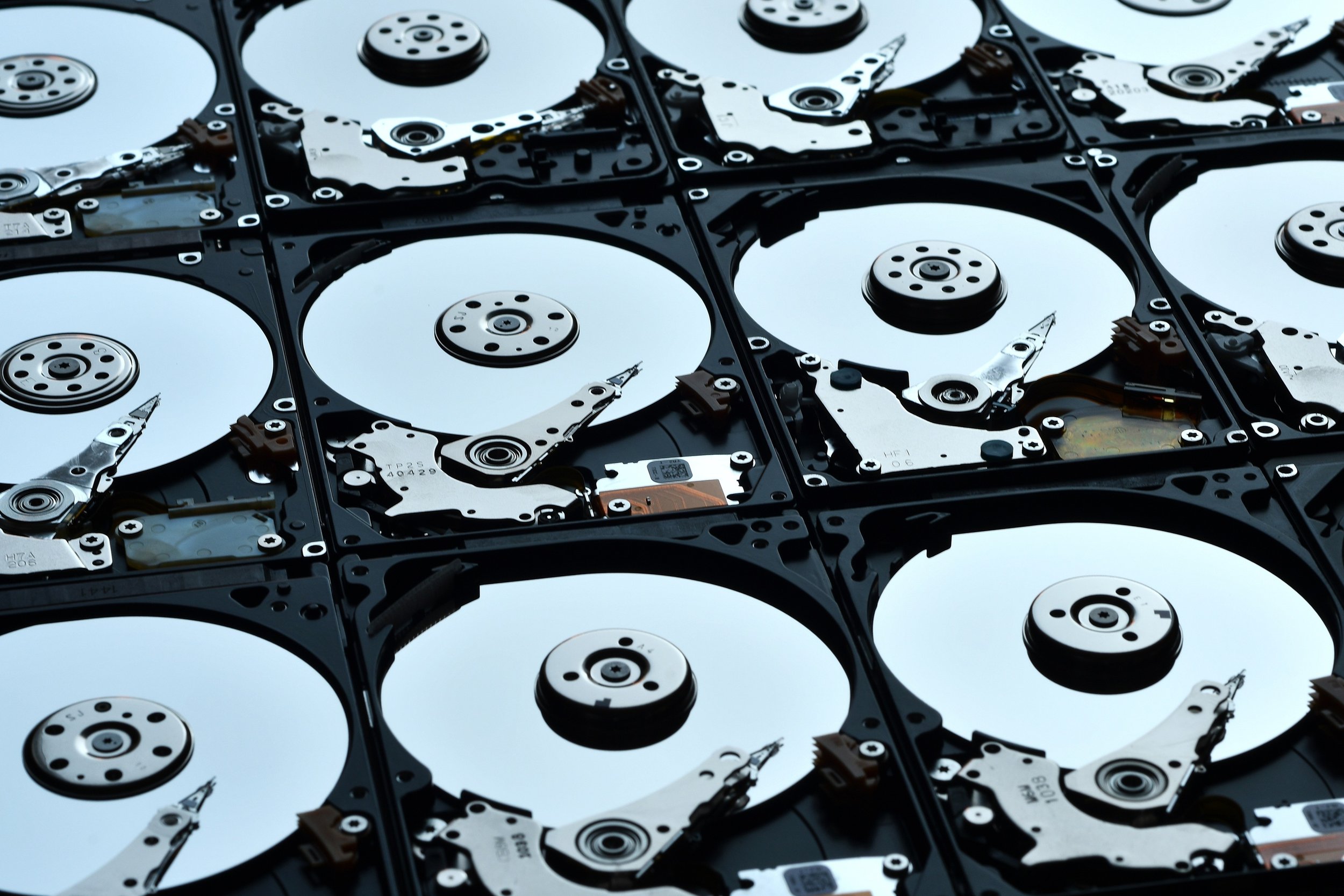In the supermarket, we can commonly choose between fresh, frozen, canned, or jarred vegetables. Is there a difference in nutritional value between these types? And if so, which is the best?
Is frozen spinach still healthy? - (Image Credit: Ilia Nesolenyi via Shutterstock / HDR tune by Universal-Sci)
Why vegetables are healthy
Vegetables contain essential nutrients such as vitamins, fibers, and minerals, as well as a wide variety of healthy bioactive substances such as anthocyanins and flavonoids, which are known to have beneficial anti-inflammatory effects.
In addition, vegetables incorporate a large amount of water. This makes them relatively voluminous compared to the total amount of calories they contain, which helps you to feel full faster. In the end, it means that you tend to consume less of other foods (that may contain more calories).
Fresh vegetables aren’t always as fresh as you may think
From the moment vegetables are harvested, their nutritional values decrease. Vegetables are still alive after harvest which means that all kinds of metabolic processes are still active within the plant tissue. After harvest, those cells will try to survive at the expense of various nutritional substances that the plant can no longer produce. The reserves get depleted, so to say.
Another factor that plays a role after harvest is exposure to oxygen from the air, which negatively affects the nutritional value of fresh vegetables. When in soil, plants can defend themselves against this effect by creating all kinds of anti-oxidants, but after harvest, these substances are slowly depleted.
If you eat vegetables on the same day as they are harvested, you will obtain the highest amount of vitamins and nutrition. However, this is not an option for most people. The majority of people buy their vegetables at the supermarket. 'Fresh' sounds good, but due to lack of rules and regulations, the term fresh is really just a marketing term in most countries.
Commonly, vegetables have been on the road for days before they end up on shelves in the supermarket. This is especially true when you opt for vegetables that are not grown in your region or in the particular season in which you buy them.
If you have the option, locally sourced produce that can be on your plate the same day it is harvested is always the best choice - (Image Credit: Joshua Resnick via Shutterstock / HDR tune by Universal-Sci)
Are off-season 'fresh' vegetables healthy?
Off-season vegetables are usually harvested far from where you live and may even be imported from an entirely different continent. On top of prolonged transit time, these vegetables usually stay in a distribution center for several days once they have arrived in your country or region.
After finally arriving at the supermarket, they will usually lay on shelves for a few days and on top of that they often end up in the refrigerator or cupboard for some additional time after purchase. All in all, there can be several weeks to over a month between harvest and consumption.
It is important to note that not all vegetables are the same when it comes to loss of nutritional value over time. Leafy vegetables such as spinach and broccoli tend to lose their healthy nutrition much faster than more hardy vegetables such as red cabbage.
Are canned vegetables healthy?
In the supermarket, you'll also find vegetables in cans or jars. One may think that canned or jarred vegetables are treated with additional preservatives. This is a common misconception; canning is a method of preserving food in and of itself and has nothing to do with preservatives.
There’s often a lot of choice when it comes to canned and jarred vegetables - (Image Credit: Dragon Images via Shutterstock / HDR tune by Universal-Sci)
The modern canning process is similar to how our ancestors used to store food in jars. Typically, crops deteriorate quickly by the microorganisms present on the plant, making it impossible to keep them for a long period of time. To mitigate this issue, people heated vegetables in a glass jar shortly after harvest.
The heat ensured that the microorganisms are killed. When the jar cools down, a vacuum is created, which means that the jarred vegetables no longer come into contact with oxygen. After canning (or jarring), vegetables can typically be stored for several years.
So are canned vegetables still a healthy choice? Surprisingly, yes. If you were to look at the cells of vegetables under a microscope, you'd notice that all the healthy substances are protected by sturdy cell walls and cell membranes. The canning process makes these cell walls and membranes become porous. But according to food technologist Dr. Mathijs Dekker from Wageningen University, it only causes them to lose approximately 30% of their healthy nutrients.
(Note that some canned vegetables can contain added sugars and/or salt. Be sure to check the label before you make your choice)
Are frozen vegetables healthy?
Another solution to prevent vegetables from spoiling too fast is freezing.
The freezing process causes ice crystals to form within the cells of vegetables because they are full of moisture. Those ice crystals are sharp and often pierce the cell walls. After thawing, healthy nutrients tend to leak out of cells through these pierced cell walls.
You may think that this process is bad news for the nutritional value of frozen vegetables, but in practice, it is actually not that bad. Those leaked nutrients do not disappear from the packaging altogether; they are just no longer located within the cells. What happens to them next depends on what you do with the vegetables after you take them out of the freezer.
It turns out that frozen vegetables aren’t a bad option at all, especially when it comes to ‘leafy vegetables’ such as broccoli which tend to deteriorate faster - (Image Credit: BravissimoS via Shutterstock/HDR tune by Universal-Sci)
According to Dr. Dekker, it is not recommended to wash frozen vegetables after you have taken them out of the freezer. Furthermore, you should certainly not boil them. Doing so will cause all those healthy nutrients to leak away with the water through the sink.
If you take these factors into account frozen vegetables typically lose no more than 30% of their beneficial nutrients.
So which is better: frozen, canned or fresh vegetables?
In case vegetables are harvested in your region and quickly transported to your local supermarket, fresh vegetables are indeed the best option. Almost all healthy nutrients will still be contained within the produce.
According to Dr. Dekker, frozen and canned vegetables are approximately equally good. Vegetables are canned or frozen almost immediately after harvest. In the process, both lose some of their healthy nutrition, but a decent amount (approximately 70%) remains.
It is important to note that, in case the vegetables are not locally harvested and need to travel a long journey before they reach your local supermarket, nutritional values decrease very quickly for most fresh vegetables, often to levels below that of frozen or canned vegetables (whereas the nutritional value of canned or frozen vegetables mostly remains for a long period of time).
Up until this point, we compared nutritional value at the moment you check out at the cash register. However, be sure to take into account that nutritional value also depends on how long you keep the vegetables in your cupboard before you eat them. Frozen and canned vegetables can be stored for a long time without loss of nutrition, whereas fresh vegetables continue to deteriorate at a fast pace.
All things considered, we come to the (perhaps somewhat surprising) conclusion that 'fresh' vegetables aren't always the healthiest purchase. As of matter of fact, you are probably better off with frozen or canned vegetables in most real-world cases.
Knowing this, it may also be beneficial to have a look at our article regarding the healthiest way of preparing vegetables to maximize the nutritional value of your meal.
Sources and further reading:
Flavonoids--food sources and health benefits (National Library of Medicine)
Anthocyanidins and anthocyanins: colored pigments as food, pharmaceutical ingredients, and the potential health benefits (Food & Nutrition Research)
Dr. Mathijs Dekker (Wageningen University & Research / Universiteit van Nederland)
A Complete Course in Canning and Related Processes - (ScienceDirect)
Research shows why some people can’t help being disgusted by certain vegetables (Universal-Sci)
Do we really have to wash fruit and vegetables? (Universal-Sci)
Eat your vegetables – studies show plant-based diets are good for immunity (Universal-Sci)
If you enjoy our selection of content, consider subscribing to our newsletter - (Universal-Sci Weekly)
FEATURED ARTICLES:














